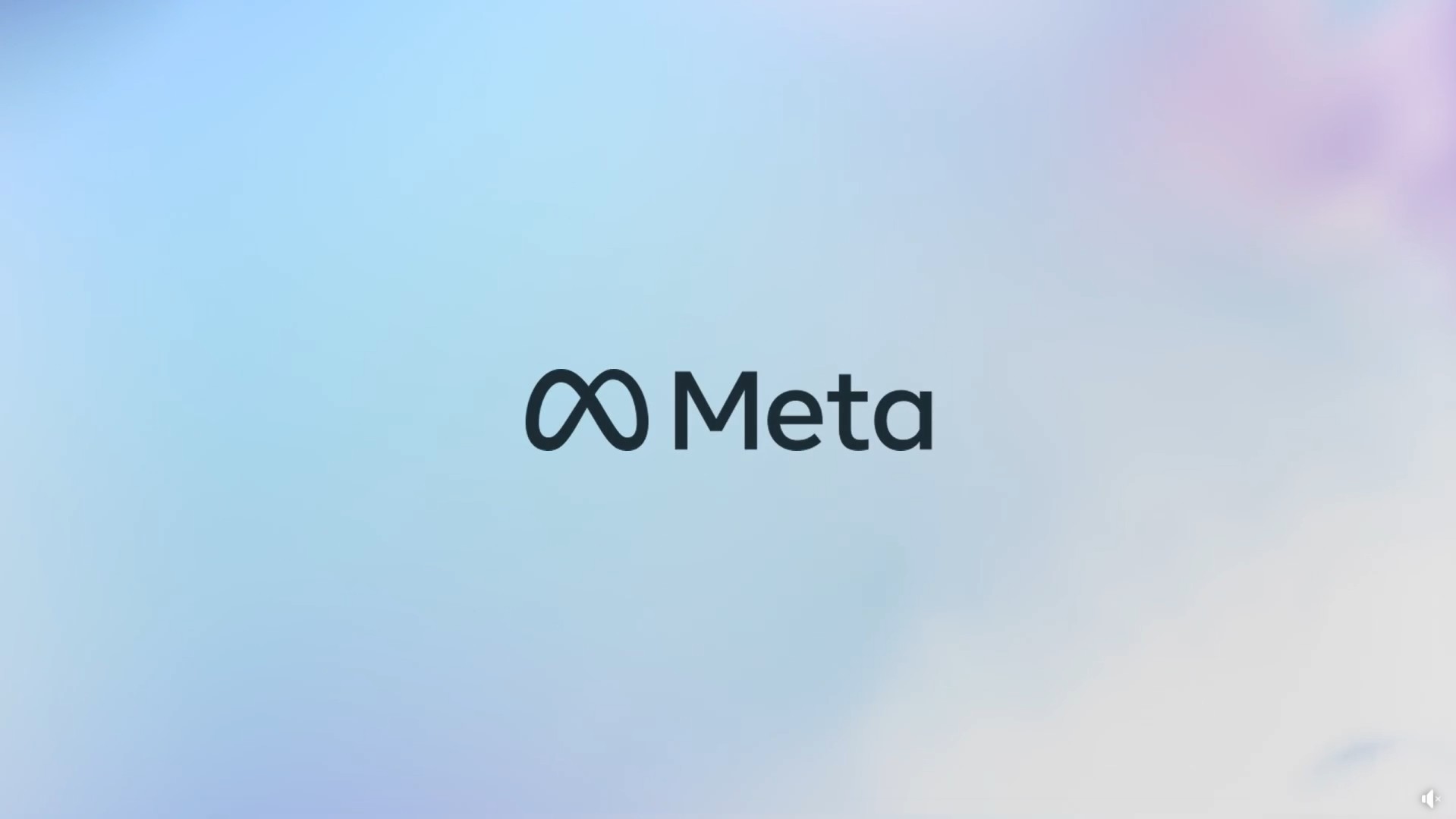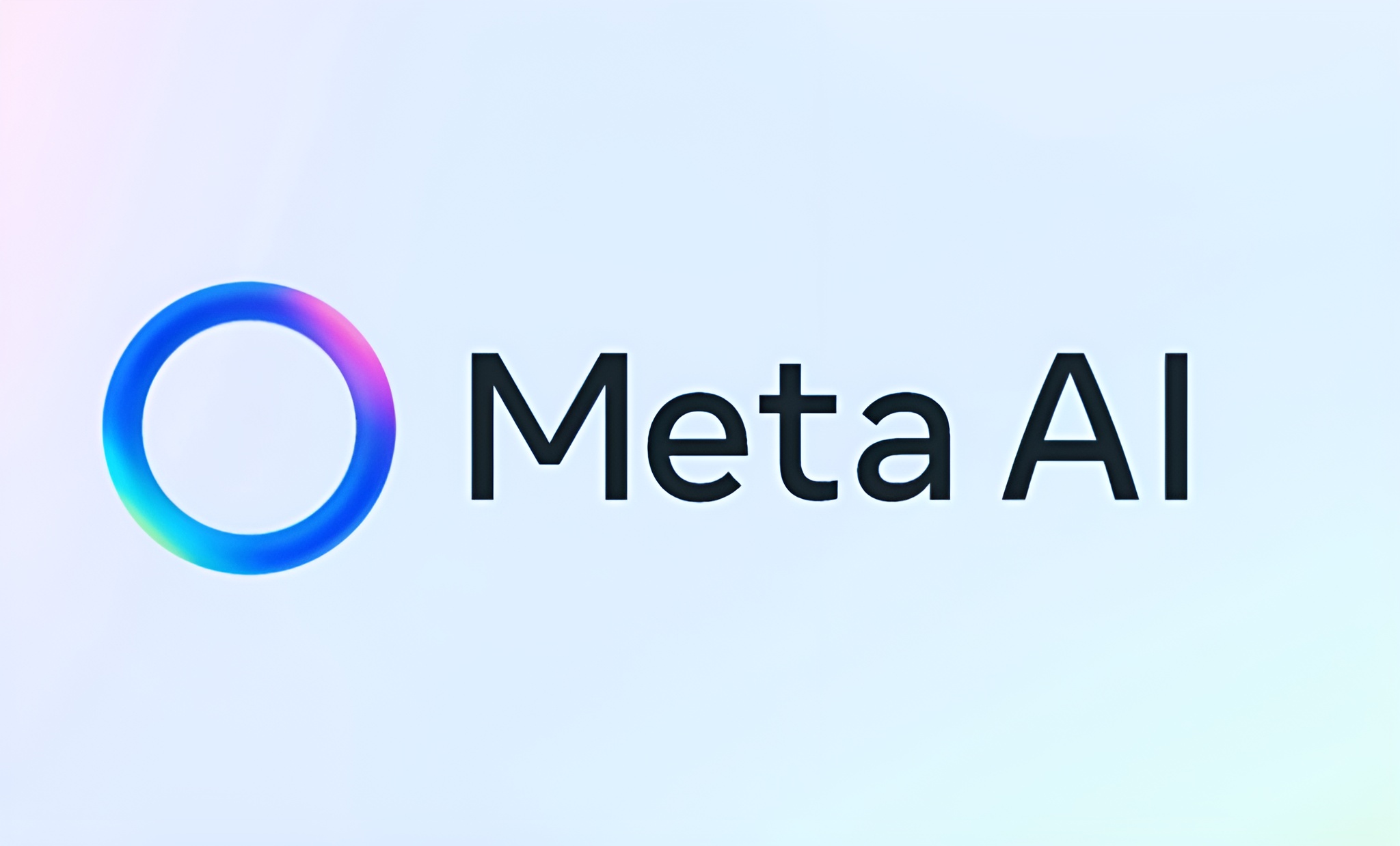Class-action privacy litigation continues to grow in frequency, repurposing older laws to address modern data tracking technologies. Recent high-profile lawsuits have applied the California Invasion of Privacy Act and the Video Privacy Protection Act.
A unanimous jury verdict recently found Meta Platforms violated CIPA Section 632 (which is now under appeal) by eavesdropping on users’ confidential communications without consent. The court ruled that Meta intentionally used its SDK within a sexual health app, Flo, to intercept sensitive real-time user inputs.
That judgement suggests an electronic device under the statute need not be physical, with a user’s phone qualifying as the requisite device. The legal success in these cases highlights a significant, rising risk for all companies utilising tracking pixels and software development kits (SDKs).
Separately, the VPPA has found new power against tracking pixels in the case of Jancik v. WebMD concerning video-viewing data. The court held that a consumer need not pay for a video service but can subscribe by simply exchanging their email address for a newsletter.
Companies must ensure their privacy policies clearly disclose all such tracking conduct to obtain explicit, valid consent. The courts are taking real-time data interception seriously, noting intentionality may be implied when a firm fails to stem the flow of sensitive personally identifiable information.
Would you like to learn more about AI, tech and digital diplomacy? If so, ask our Diplo chatbot!










